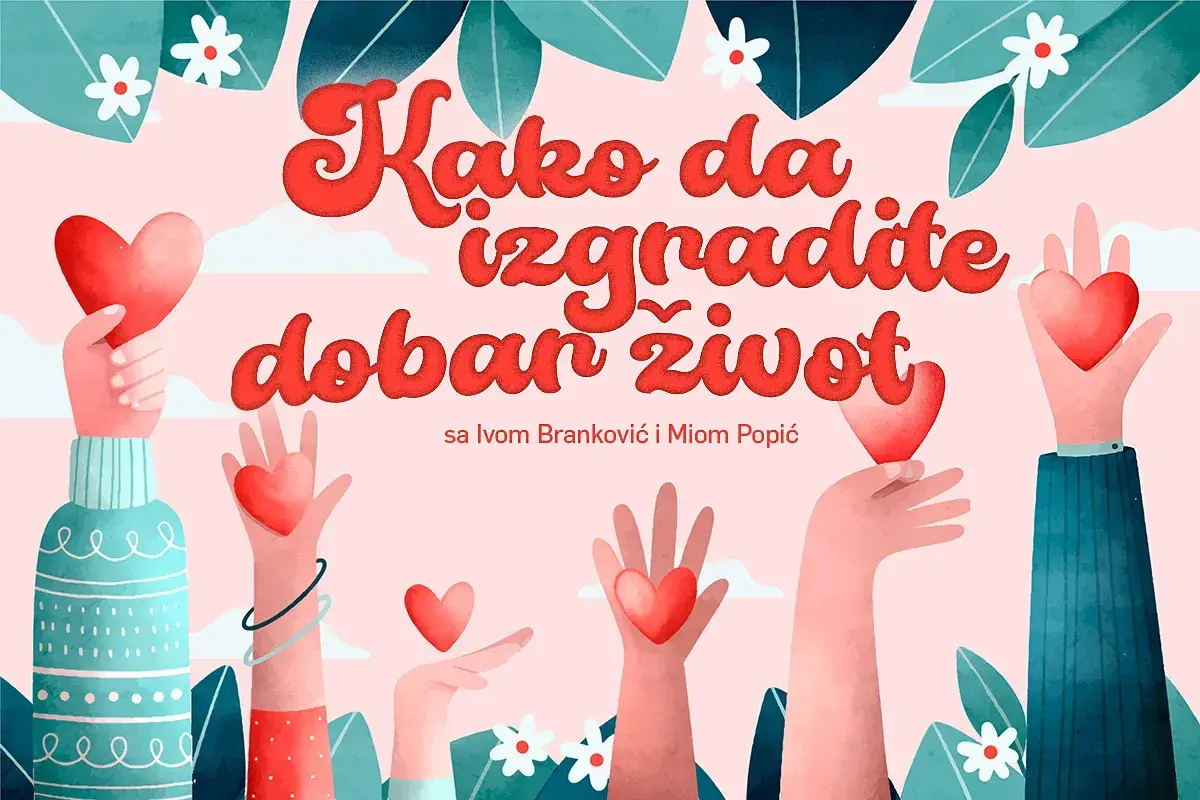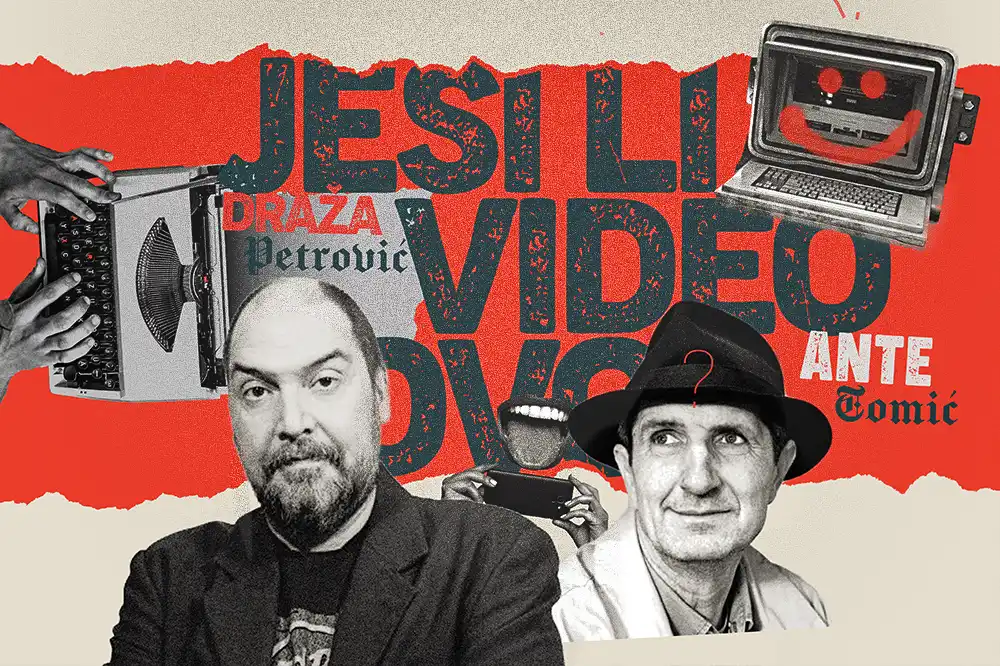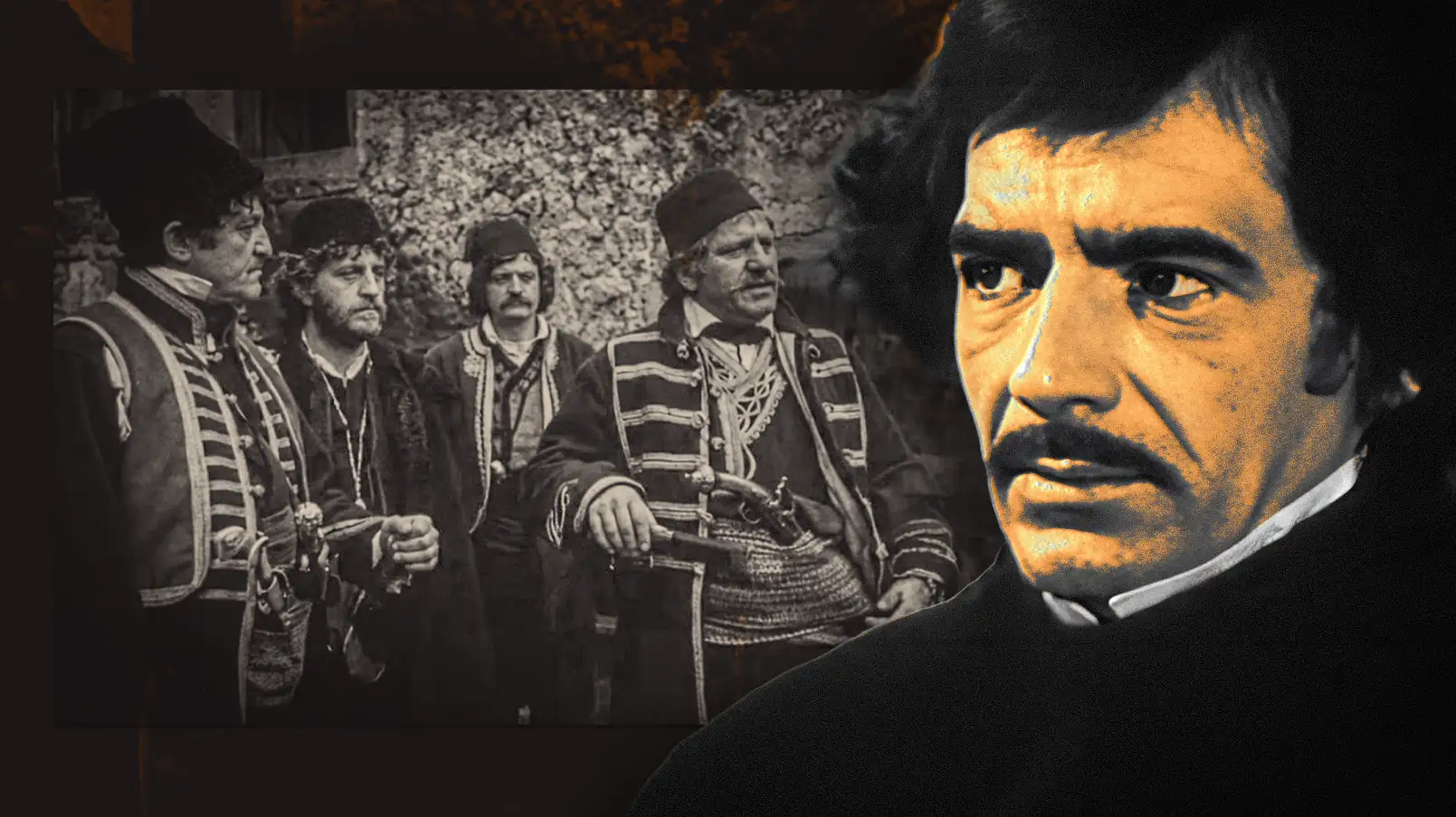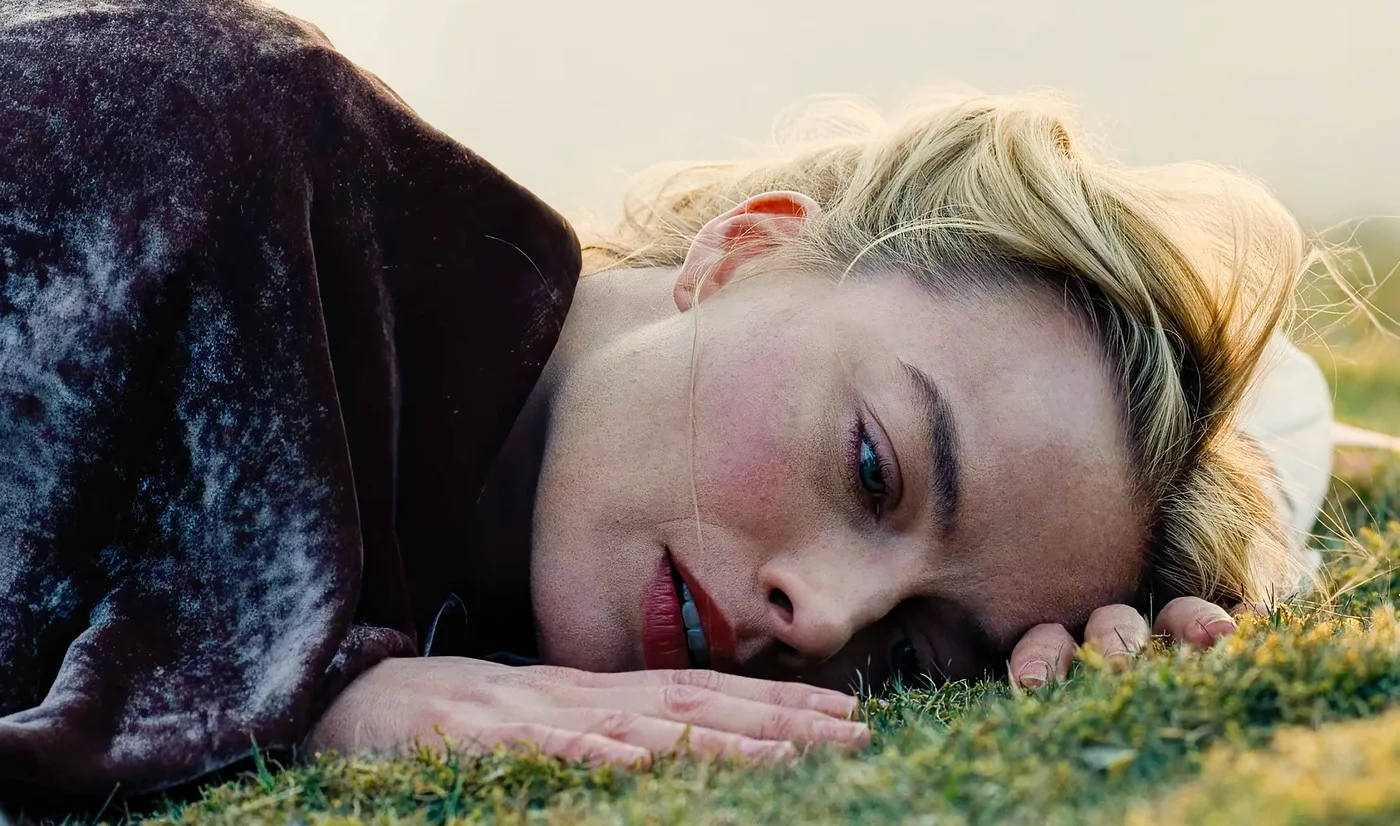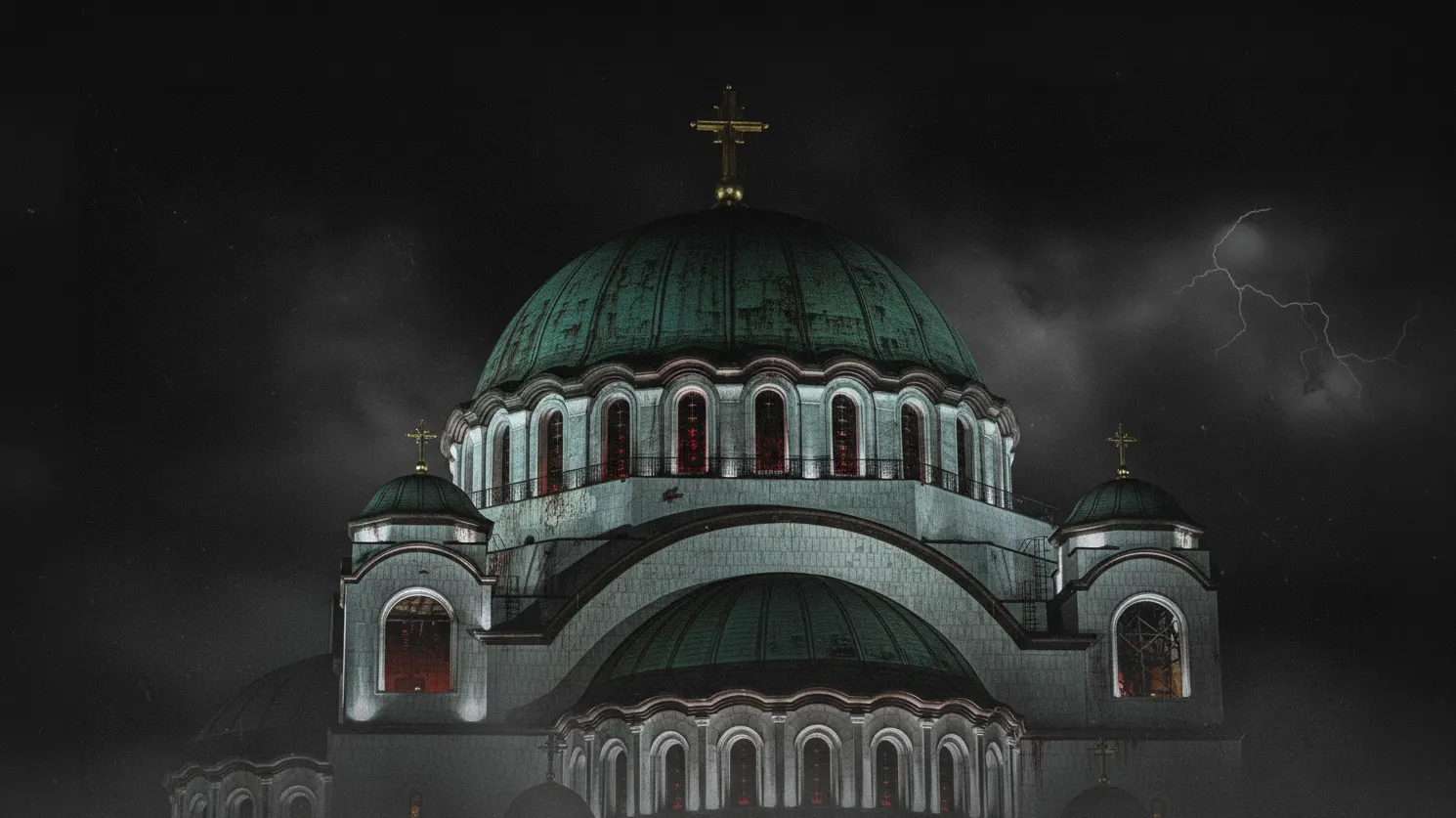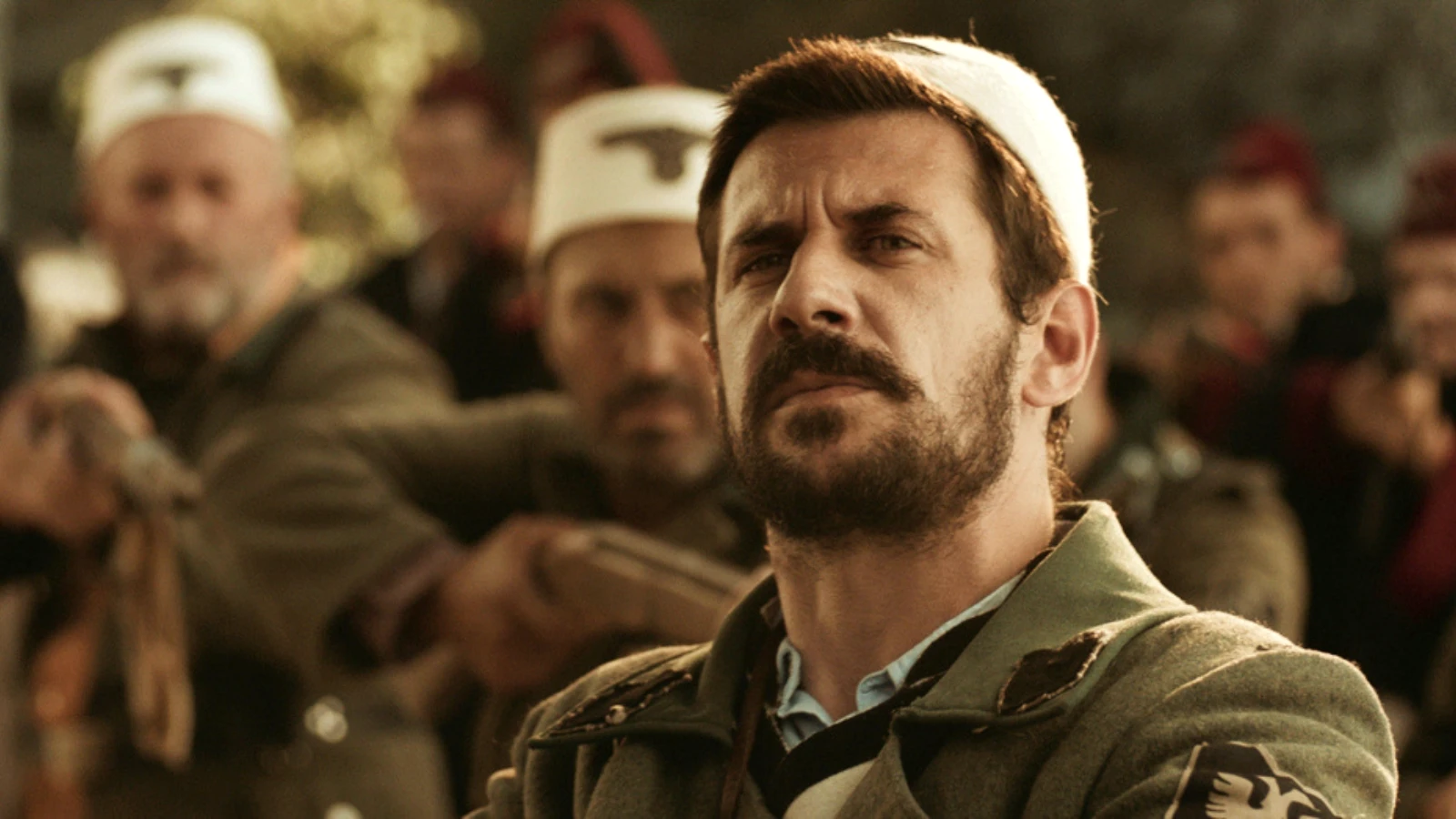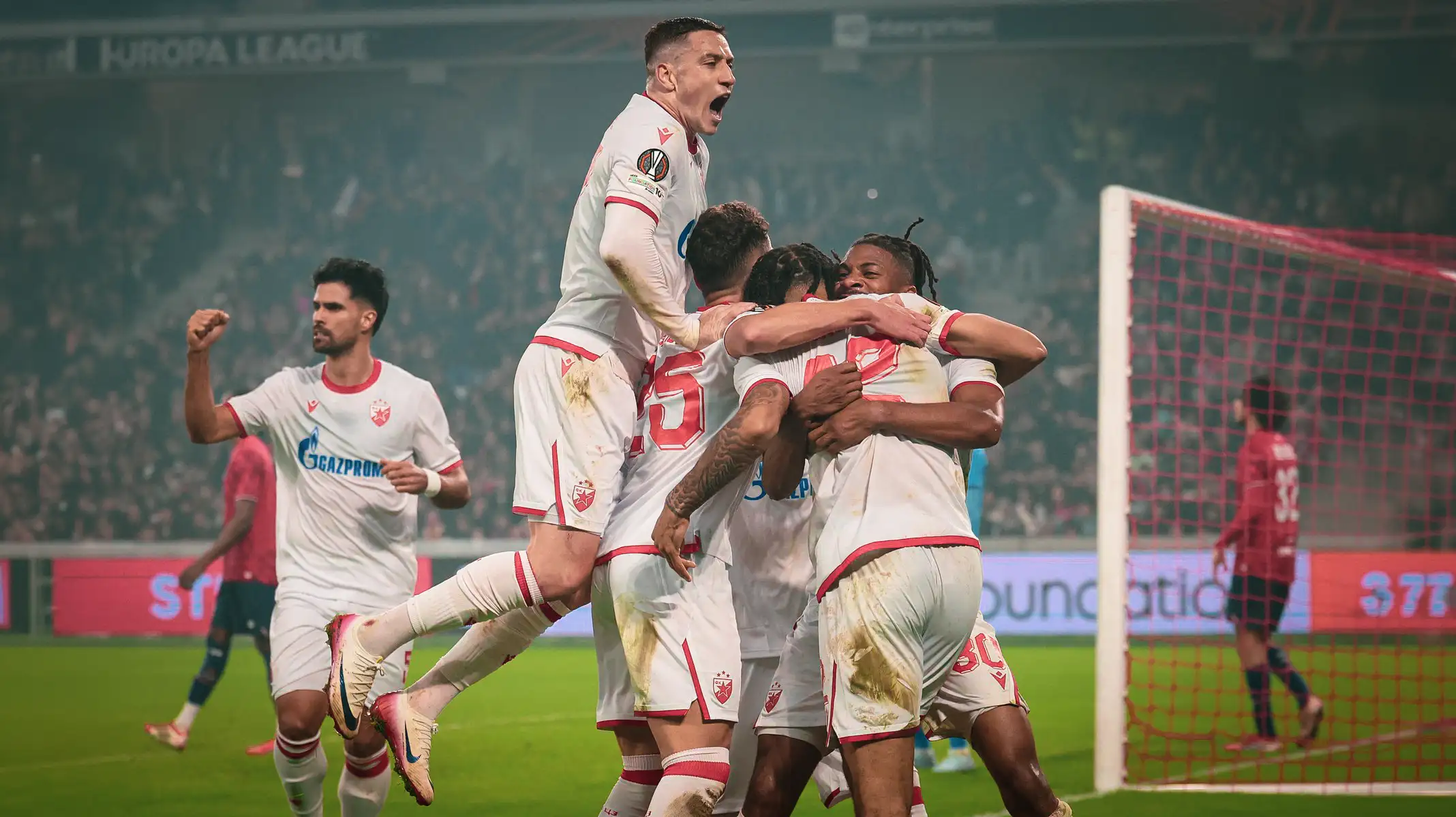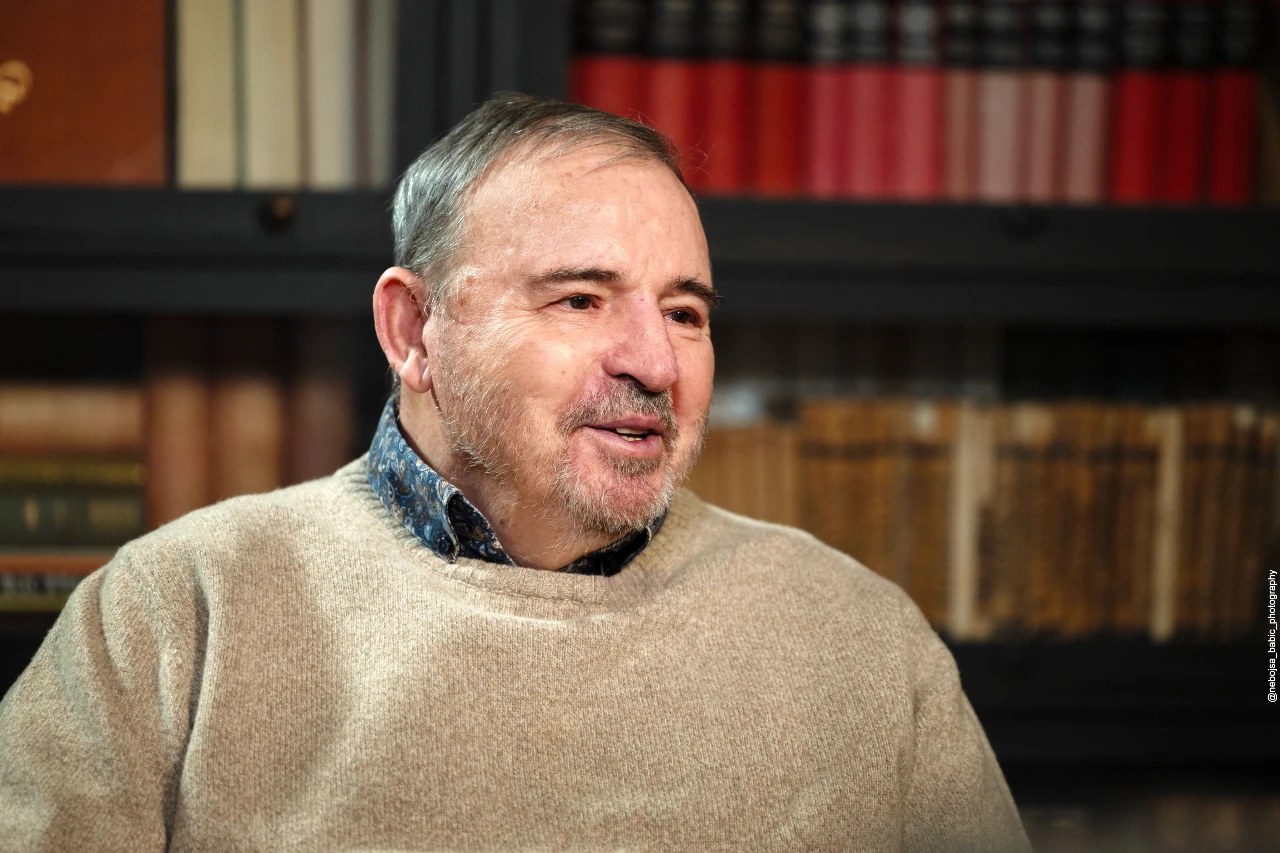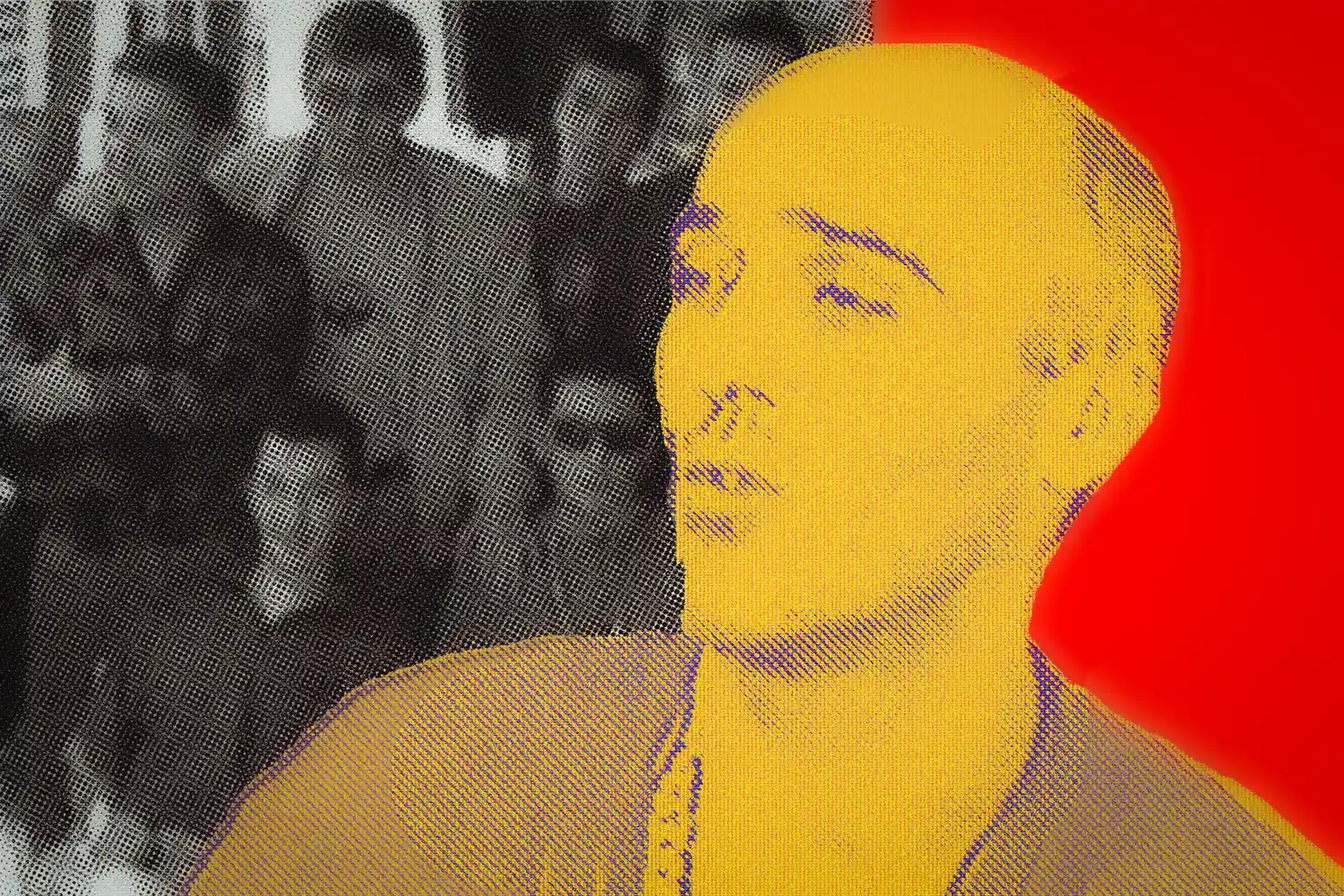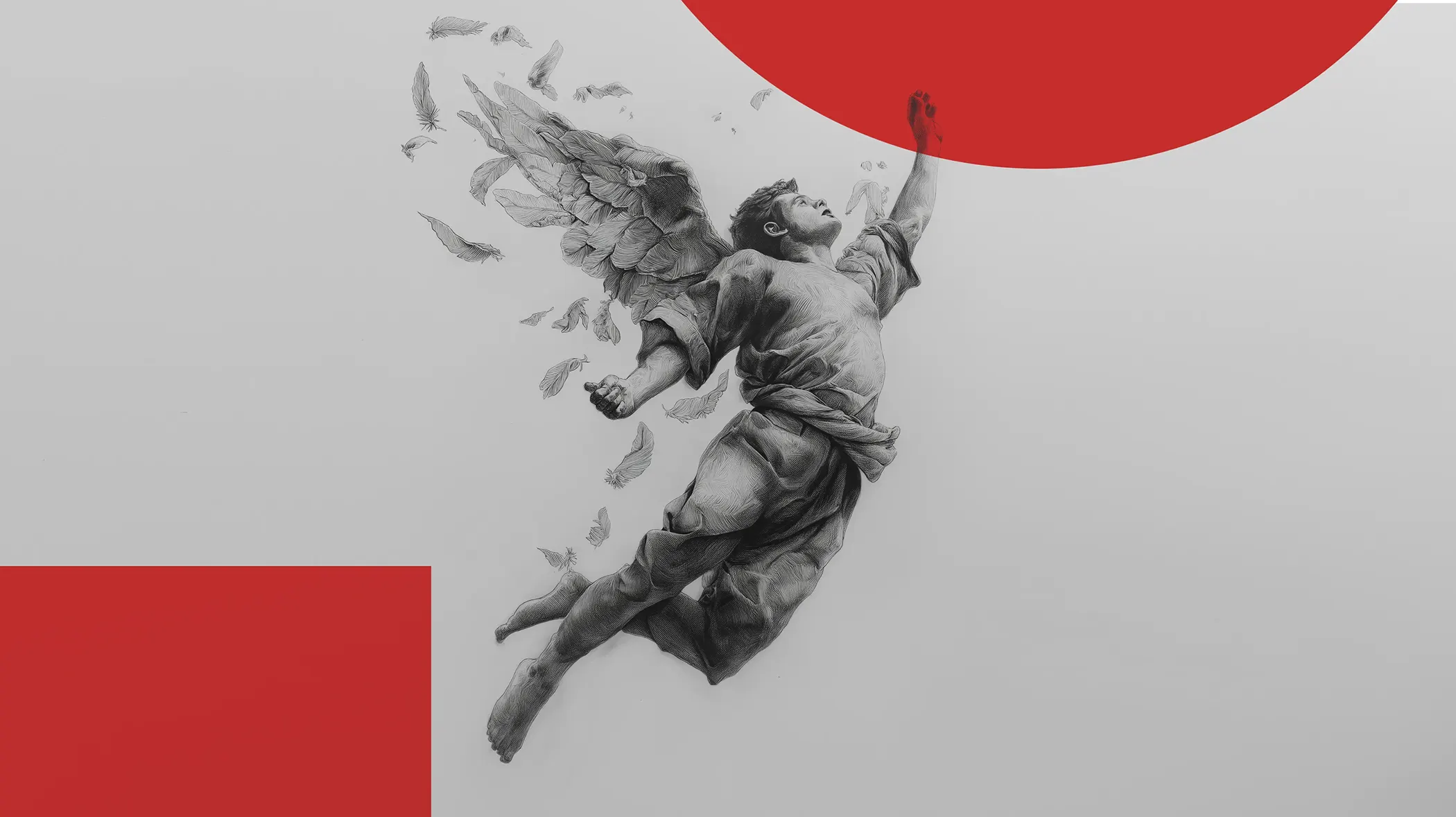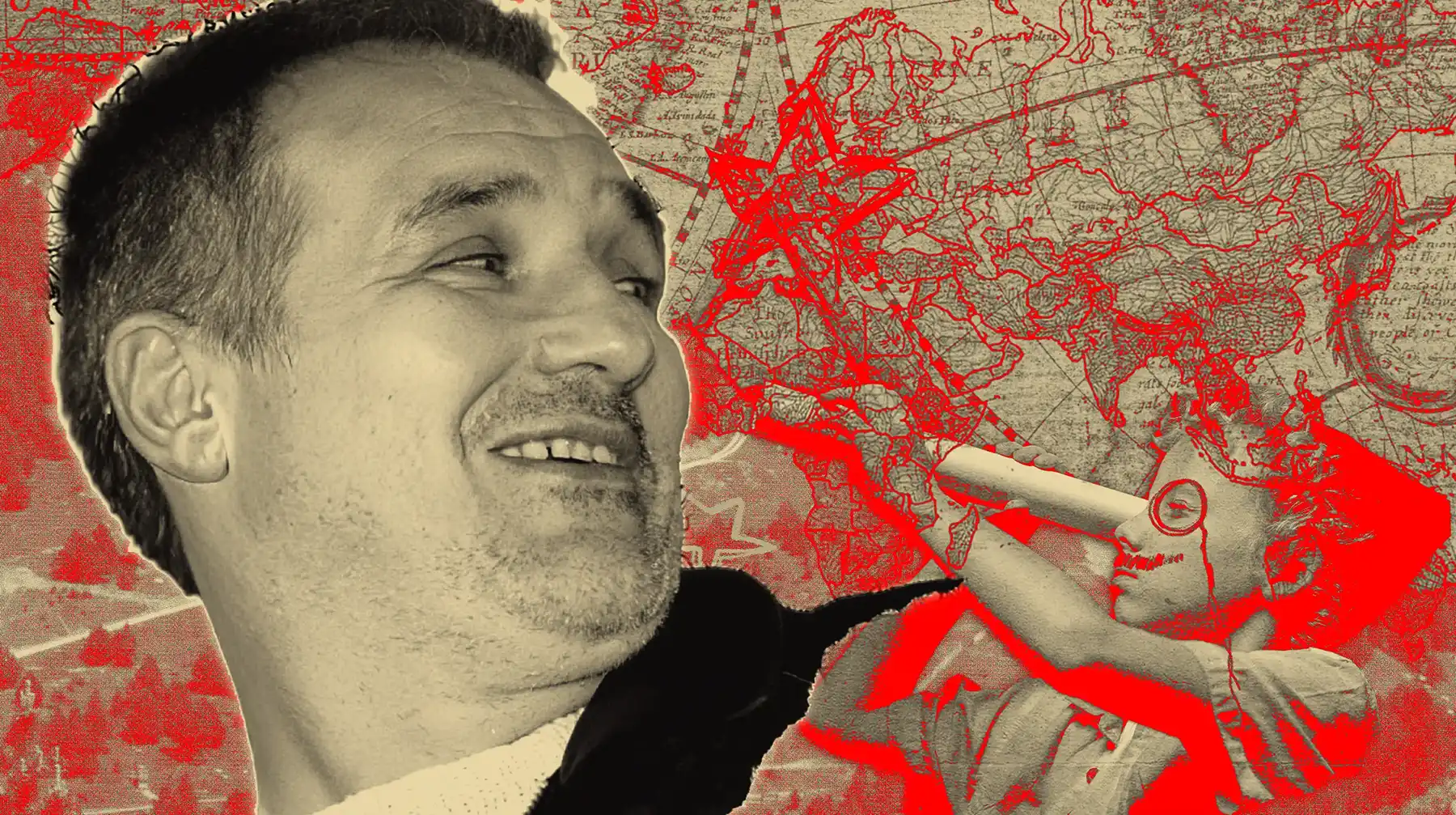This article was translated using a human-assisted ChatGPT process. We’re continuously improving the accuracy and tone of our translations. You can read the original here.
After two years, the phenomenal HBO series The Last of Us returns with a second season, adapting the second installment of the iconic video game on which the show is based. Video game adaptations haven’t always been successful, but The Last of Us—renowned for its extraordinary storytelling and dramatic depth—was always ripe for a strong adaptation.
And in season one, the HBO team delivered just that. A story about a deadly infection that turns people into mindless monsters who bite and spread the disease may not be the most original premise, but it was executed in the best possible way.
Season one had it all: the near-total collapse of civilization and the end of the world as we know it; brilliantly written, complex characters facing impossible dilemmas (as I discussed when the first season aired); and the realization that, even in a world overrun by horrific monsters, it’s often people who are the most frightening. Monsters are like beasts—relentless, merciless, but straightforward. They just kill. Monsters are never needlessly cruel. People are.
To quote Hannibal Lecter as portrayed by the brilliant Mads Mikkelsen in the TV series Hannibal: “Emotions are gifts from our animal ancestors. Cruelty is a gift humanity gave itself.”
Season one climaxed with Joel choosing Ellie’s life—she had become like a daughter to him—over the fate of humanity.
Ellie was supposed to undergo surgery that might lead to a cure for the infection and save mankind, but at the cost of her life. Joel took matters into his own hands and rescued her, killing everyone in the hospital in the process—18 Firefly soldiers and one doctor. Ellie had no idea the surgery would kill her.
Joel never told her that he saved her or killed all those people. Instead, he told her they were attacked by monsters and that they were the only ones who managed to escape. Ellie doubted the truth of that story but ultimately chose to believe Joel when he swore he was telling the truth. I wrote back then about how such a heavy and enormous secret might affect their relationship going forward.
Season two picks up five years later. Joel and Ellie now live in the town of Jackson, run by Joel’s brother Tommy. Jackson is without a doubt the most livable place in this post-apocalyptic world—a town with walls to keep out the monsters, electricity, and a real community that actually resembles a normal, functioning society.
But it quickly becomes clear that Joel and Ellie’s relationship is far from perfect—partly because she’s going through adolescence, full of turmoil and rebellion, but likely also due to the burden of the unspoken secret. That secret has become a wall between them, blocking real closeness. Whether Ellie suspects that Joel’s story from five years ago doesn’t hold water, we can’t say for sure—but she seems to sense that something’s off. Joel withdraws, tries to be a reasonable father figure, gives her space—but their communication is a complete failure. He comforts himself with the thought that this is a normal teenage phase.
Still, he secretly seeks out makeshift therapy with a woman in town, who quickly picks up on the fact that he’s hiding something. Joel won’t open up to her or to Ellie, afraid that revealing the truth would permanently damage their bond. And it might. But it could also heal it. As it stands, his silence is definitely damaging the relationship—it’s just happening slowly and painfully for both of them.
After season one, we asked whether Joel’s actions were morally justifiable. Was it right to place his “daughter” above the fate of humanity? That’s still up for debate. But was it right to kill all those people just because they stood in his way? That’s a different question. Was it right to kill the doctor who was trying to perform the surgery, believing it served a greater good? To execute an unarmed man with a bullet to the head when there were other options?
All of this comes back to haunt Joel in the form of Abby—the daughter of that very doctor. Abby, who swore even then that she’d get revenge and kill Joel. Eye for an eye.
Most series wait a few episodes before hitting us with something truly unexpected—a major twist or a revelation that changes everything. But the creators of The Last of Us didn’t wait long. By episode two, they delivered one of the most shocking, brutal, and emotionally devastating episodes in TV history.
HBO pulled something similar in the final season of Succession, also raising the stakes dramatically in the second episode by “killing off” a main character. The same narrative strategy is at play here.
This episode has two primary narrative threads. The first is the attack on Jackson by a horde of monsters—an onslaught strongly reminiscent of the phenomenal “Hardhome” episode from Game of Thrones. We’re hit with the same horror: these creatures are evolving in terrifying ways, and their numbers are exploding.
Humans have always triumphed over beasts by being better at coordination and cooperation than any other species. That’s what makes this synchronized attack so frightening. Jackson, a beacon of hope for humanity’s survival, barely escapes complete destruction—for now.
The second thread follows Abby and her crew, who have finally located Jackson in hopes of finding Joel. Even after five years, Abby’s obsession with revenge hasn’t faded one bit. Still, when they see the size and scale of Jackson, they consider giving up the mission.
By a twist of fate, while on guard duty, Abby is attacked by a group of monsters and would’ve surely died if Joel hadn’t saved her. He’s out on patrol with Dina, a woman from Jackson he’s recently bonded with more than with Ellie.
Abby seizes the moment and invites Joel and Dina back to the house where her crew is staying. And then—the horror begins.
When I say “horror,” I’m not exaggerating. Nothing could’ve prepared us for what follows. Abby kills Joel slowly and with maximum brutality—beating him to death with a golf club.
The fact that Ellie arrives just in time to witness Joel’s final moments, as Abby drives the shattered remains of the club into his neck, makes the scene even more traumatic. Every past miscommunication between them evaporates in that instant. Ellie’s anguish is etched on her face, audible in her cries. Joel’s death—the closest thing to a parent she’s ever had—is a trauma that will mark her for life. Just as the death of Abby’s father marked her.
When hatred and pain simmer long enough inside one or more people, the outcome is always ugly. Violence only ever breeds more violence. We saw Ellie swear to avenge Joel and kill Abby. Here we go again. The cycle of hate keeps spinning.
From the outside, detached from Joel’s story—and our emotional attachment to him—Abby’s feelings are entirely valid. That’s easy to understand.
She was 19 when a man shot her unarmed father in the head. She found his body with brain matter splattered on the floor. That image haunts her still—just as the scene we’ve just witnessed will haunt Ellie. And when we imagine ourselves in her shoes, we can understand the urge for revenge.
In a world of lawlessness, where everyone takes justice into their own hands, we can imagine ourselves doing the same.
And yet, we don’t want her to do it. We root against her. Why?
Partly because we love Joel. To us, he’s a fully developed, three-dimensional character who didn’t deserve to die—especially not like that. But to Abby, Joel isn’t a person. He’s the embodiment of evil, a vessel into which she can pour all her hatred, rage, grief—for her father, and maybe for every other loss she’s suffered.
No one is purely evil, and no one deserves to be bludgeoned to death with a golf club.
And if we’d been watching a series that followed Abby’s pain and struggle from the beginning, we’d likely be rooting for her to succeed.
But that’s the heartbreaking truth—no one is completely right. No one is perfectly just.
Violence only leads to more violence. When hatred and pain boil within someone long enough, the result is always ugly. We saw Ellie swear to avenge Joel and kill Abby.
And so it begins again.
The cycle of hate continues.
That’s why some people love having enemies—they make perfect canvases onto which we can project our own darkness, and go through life thinking we’re all good and they’re all bad.
Before we tackle the question of whether it really has to be like this, a few words about the way Abby killed Joel. The need for revenge, the urge to take the life of the man who killed her father—that part is clear, understandable, imaginable, as we’ve already said. But the need to kill someone in such a savage, brutal way—with so much torture and unnecessary cruelty—that’s something else entirely. That urge to inflict the greatest possible pain on Joel is really a reflection of Abby’s own need to rid herself of pain. Only, her pain hasn’t faded with time—it’s grown. It’s become more toxic, more destructive, until it could find no other outlet than in this act of vicious, deliberate torture.
And we have to consider the world Abby’s lived in since her father died. A cruel, feral world. Unpredictable, harsh. A world where fighting for your bare life is just part of the daily routine. That kind of world produces hardened people—people who sometimes have to be like that just to survive. Joel was a hard man when he needed to be. But he wasn’t needlessly cruel. He wasn’t savage.
And that’s the tragedy we’ve seen played out so many times throughout human history, now heartbreakingly portrayed in this series—no one’s entirely right. No one’s entirely to blame. We’re set against each other, without even knowing why, doing horrific things to one another. We never manage to take that one extra step—to believe that maybe “us” and “them” don’t need to exist. That maybe we don’t need enemies. That maybe we don’t need to destroy each other.
So… did it really have to be this way?
Losing a father, especially in a violent way, is something that can change anyone’s life from the ground up. Karl Jaspers called such moments “limit situations”—times of deep crisis, but also moments with immense potential for transformation, because they force a shift in our entire worldview. When the world we live in is harsh and unforgiving, we need meaning. A mission. A purpose. Something that makes the suffering worth something. Abby chose revenge as her meaning. She devoted her whole life, all her energy, every bit of passion she had—to that goal.
But revenge won’t bring her father back. It won’t erase the pain of losing him. If I had to guess, I’d say killing Joel won’t bring much happiness into her miserable life either. Every act of revenge, no matter how tempting, ultimately leaves us empty. There’s no prize at the end. We’ve only kept the cycle of hatred going.
You can’t deny the depth of pain and suffering Abby carried. You can’t say she deserved what happened to her—because she didn’t. So what is it that stops people from killing each other on the street every time someone wrongs someone else, even by accident?
A 19-year-old girl needs a safe space. She needs love. She needs a community. She needs time and a place to mourn her father, to grieve, to come to terms with the fact that he’s gone—and eventually, to decide what she wants to do with the rest of her life. Losing a father will mark her forever. But it doesn’t have to define her completely. It could be something more.
And that’s exactly what’s missing from the world of The Last of Us—warmth, closeness. Civilization has collapsed. All that’s left are scraps. Scraps too meager to hold on to humanity—to hold on to that part of human nature we like to call “good.” Without civilization, we’re a lot closer to our animal ancestors than we’d like to admit. Add a dash of cruelty to the mix, and things only get worse.
And even though many will ask whether it’s worth watching the show now that Joel is gone, this brutally nuanced portrait of hatred, pain, and suffering—trapped in an endless cycle of violence—shows us that there’s still a lot to see.
Will Ellie break the cycle? Or will she simply continue it? Can we, as viewers, even be sure whom we’re supposed to root for? And what does the answer to that say about us?
These are all questions worth asking. And I believe we’ll get at least some answers as the season unfolds.
The message we’re left with from this episode—besides the realization that no one is ever fully right—is the attempt to understand that we are all complex, multilayered people. We mean different things to different people. To some, we’re Joel—the man who saved their life again and again, who gave them everything. To others, we’re Joel—the man who shot their father in the head, even if he had what he believed was a good reason.
And that’s okay. What matters is not to fool ourselves into thinking we can only ever be one or the other Joel.
We can’t.
And neither can anyone else.
Poštovani, da biste nastavili sa čitanjem naših premium sadržaja, neophodno je da odaberete jedan od planova pretplate.
Već imate nalog? Ulogujte se




